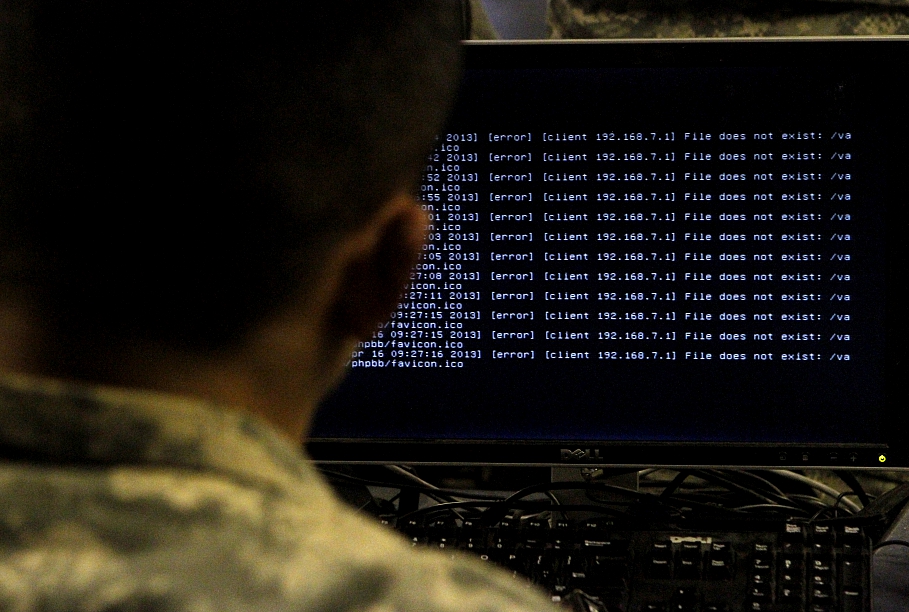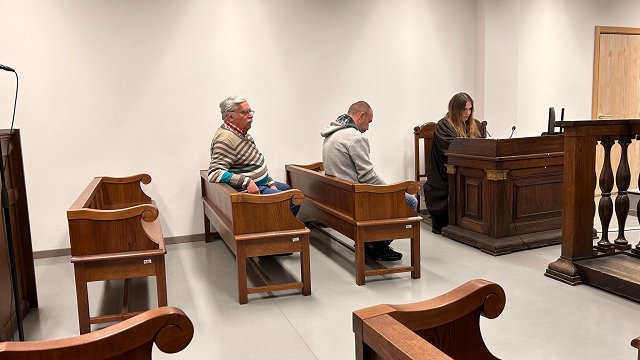The attackers succeeded in suspending the work of the news agency LETA's website for several hours. The agency's board member, Juris Mendziņš, said that this was one of the biggest attacks in recent years.
“The last huge attack was, if I'm not mistaken, in early 2018. Then there was some sort of peace and quiet, and now it began. Initially, these attacks were more amateuric, this one was already strong and much more determined," Mendziņš said.
The homepage operation was restored on the same day. The attack, however, has left consequences. The transfer of messages abroad will be slower, as it is important to ensure smooth functioning in Latvia.
The attack was a DDoS-type attack. The information technology security incident prevention body “Cert.lv” explained that a group of activists supporting Russian ideology was responsible for the attacks, most likely funded by Russia.
"In this case LETA was selected, previously it was the passenger train ticket service, another week at the KNAB. These objectives are changing continuously. Technically, this is done by sending a large data flow with a number of requests for a particular resource [..] Over the last two, three weeks, this group regularly, almost every other day, chooses the targets in Latvia against which these attacks are organized. It is important to note that these types of attacks are not harmful to the information system, its data, or users. It is hooliganism to draw attention," said Varis Teivāns, deputy leader of Cert.lv.
The aim of such attacks is to discredit the institutions and the State by demonstrating that it does not protect itself sufficiently. These and other types of attacks have climbed sharply since January.
“Particularly since May 9, Latvia has been one of the main targets of Russian-backed cyber attacks. This overall level of resilience is very respectable. Of course, there are occasional institutions and resources that fail,” said the Cert.lv representative.
Currently, active attacks are taking place against both public and private companies. The attackers are also trying to influence the work of the media. “Cert.lv” pointed out that the attackers have established a list of approximately 20 Latvian institutions whose activities they are periodically trying to disrupt.
































